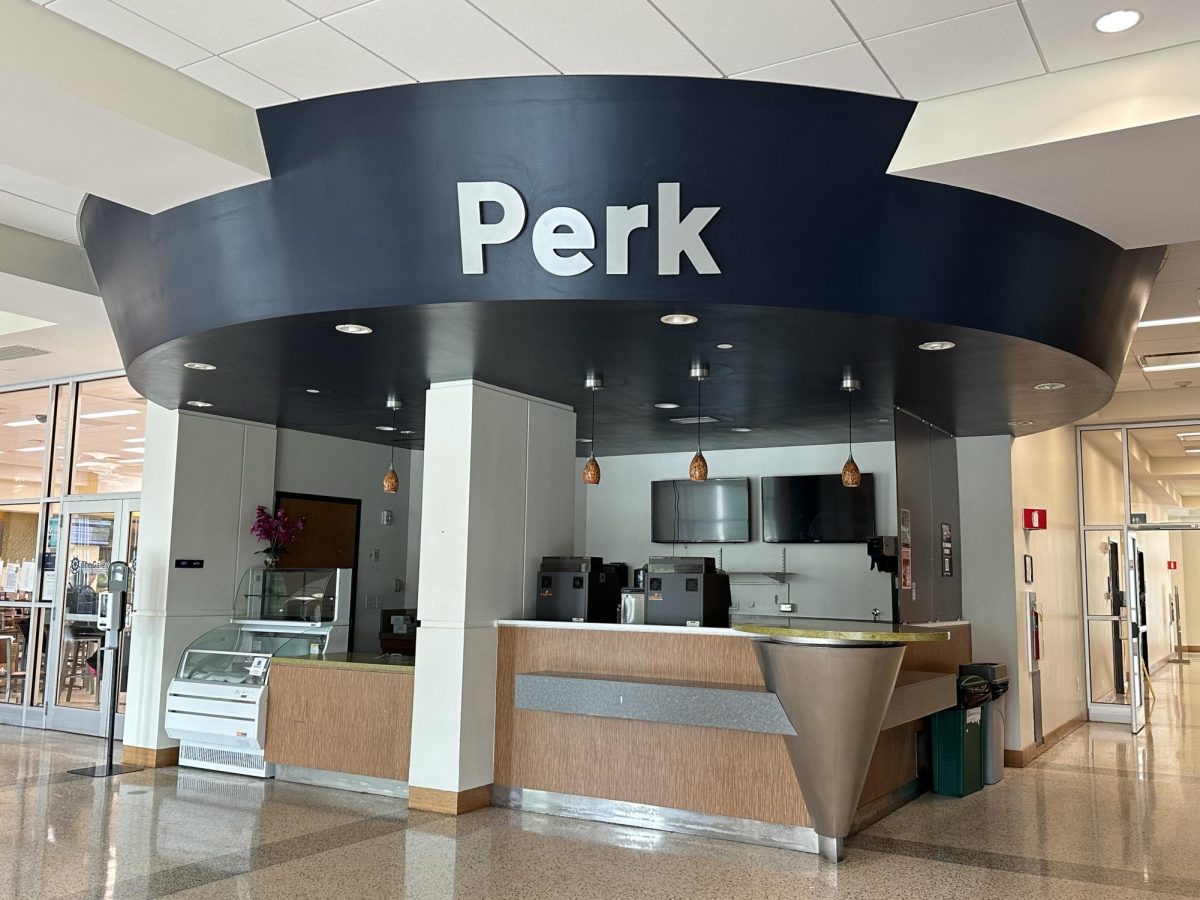By Andrew Sutphen, Staff Writer
On Oct. 10, Dr. Maxine Bryant held a lecture at the Ogeechee Theater. She discussed some ideas concerning the future of Armstrong. Bryant wants the school to “open it’s doors to convicts.” Citing ASU’s mission statement, particularly it’s aim for a “diverse learning experience,” Dr. Bryant wants to use “higher education as a desistance factor.”
The event was attended by both students and faculty interested in her research on the successful reintegration of prisoners into society. During her lecture, Bryant asked, “What does it take to change a person’s trajectory?” She then went on to claim “higher education is a path to redemption.”
Bryant’s research included some interesting numbers in regards to offender statistics in Georgia; Twenty-one thousand people were released from Georgia prisons in 2013. 4 percent of those released ended up in Savannah. Almost half of these convicts were under the age of 29.
With an average of 1000 people a year coming back to Savannah from prison, Dr. Bryant’s research reveals 38 percent are under 29 years old and, therefore, are “ripe for college.”
Dr. Bryant also addressed some of the possible fears of allowing ex-cons onto our campus noting, “no study has ever shown that students with criminal records are any more likely to commit crimes on campus. And convicts going to college have a strong desire to achieve and to prove their place in society.”
Her presentation addressed some the dangers of excluding possible students for having criminal backgrounds. She pointed out, “Without a means for bettering oneself through education there ends up being a cycle of criminality and poverty within families.” Further along we can see a negative impact on the children of offenders in our community with these children often times ending up offenders themselves.
Dr. Bryant also put an emphasis on the struggle between Recidivism and Resilience. She said one of the biggest challenges for convicts to get out of this “catch 22” is right on the application process. “Sixty percent of colleges have some type of screening for criminal backgrounds,” Bryant said. “At Armstrong if you admit to having been convicted of a crime your application will be subject to further review.”
Bryant addressed some of the changes she would like to see both in our community and at Armstrong.
She would like to help those that “In spite of the odds, stop committing crimes” by working with probation and parole officers to be more inclusive towards offenders who want to better themselves.
After her lecture and a short video highlighting a few of the success stories of former prisoners turned collegiates.
Dr. Bryant took questions from the audience, one faculty member recalled a student of his who had a criminal background but found success in college but has left school with one class to graduate, “The student, working full time at two jobs with two kids lacks one class to graduate. How do we get her finished?” Dr. Bryant asked if the professor reached out to the student. He responded, “Several times.”
After a moment, Bryant answered, “I have no easy answer.” However she did express a desire to see those people who completed school, despite the odds, come back and be role models to other at-risk students.
Dr. Bryant said one of the biggest obstacles of getting former offenders to create a support group would be in getting them to overcome the fear of being stigmatized as criminals.




